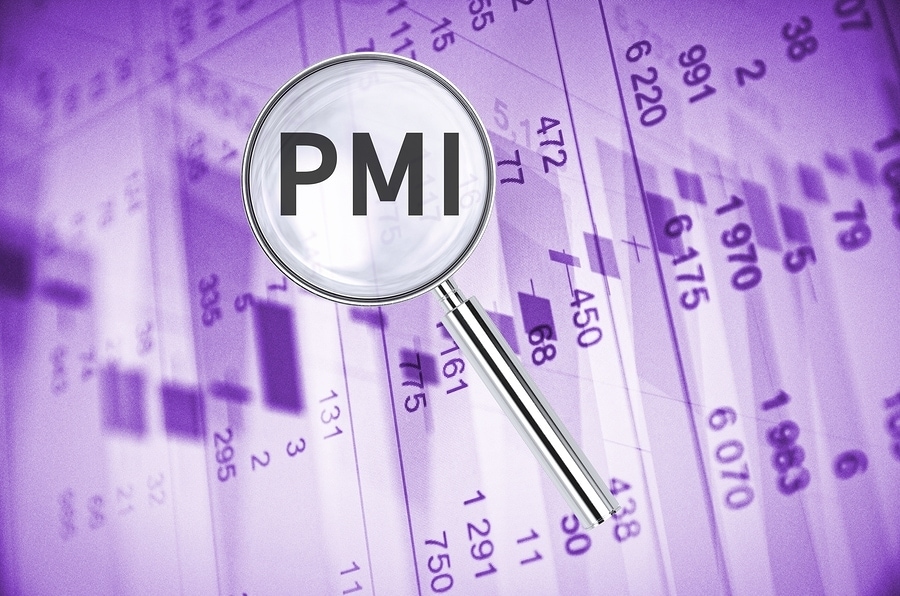Get Expert Financing
- Matched with investor-friendly lenders
- Fast pre-approvals-no W2s required
- Financing options fro rentals, BRRRR, STRs
- Scale your portfolio with confidence
When you decide to buy a house, the most important thing is going to be your credit score.
The lender is taking on most of the risk with this transaction. The lender fronts the money for your home purchase, and you make payments (with interest).
One of the concerns the lender has is the fact that you could possibly default. Your credit score is your financial reputation. A higher credit score means that you’ve handled credit in the past, making on-time payments and not defaulting.
On the other hand, a low score might mean you’ve had slip-ups in the past. You could be vulnerable to falling back into that pattern. To avoid that risk, a lender might decide to pass you over for a mortgage. If you do get a mortgage, you have to pay a higher interest rate to make up for the risk.
If you want a lower interest rate, you usually need a credit score of at least 720. Some experts say that you should have a 740 to qualify for the best possible rate. Excellent credit means that you have more flexibility in your terms and that you can save tens of thousands of dollars over the life of your loan.
You can still usually get a decent interest rate if you have a credit score between 680 and 720, but you probably won’t be able to get the best possible rate.
Once you get below 680, the interest rates you qualify for continue to climb. In fact, once your credit score is below 620, you will have a hard time getting most conventional mortgages. That is the lowest score that many lenders will accept.
However, it is possible to get an FHA loan with a score as low as 500.
Why would lenders take a risk on someone with a 500 credit score? Well, with an FHA loan, the government is providing the backing. You pay extra in the form of a mortgage insurance premium, and the government takes on some of the risks so the lender is willing to provide the funds.
If you have a 500, though, be prepared to pay a higher down payment. You need to put at least 10% down to qualify. If your score is better, at least 580, you can qualify for a 3.5% down payment. For many homebuyers, that is a much more affordable down payment.
So, with a credit score of 580, you can qualify for a mortgage with a low down payment backed by the FHA. However, when you go this route, you have other costs, including a higher interest rate and the mortgage insurance premiums. But if you really want to get into a home, it’s one way to make it happen.
Once you get below 500 for a credit score, you can’t even get an FHA loan. However, there are some lenders that will still take a chance on you. If you go this route, though, be prepared to pay a steep price. Your interest rate will be very high, and you might be required to provide a down payment of at least 10%.
Another consideration is that you might not have a credit score at all. There are some people who are “credit invisible.” Maybe you haven’t used debt in the past, and that means there are limited records of your ability to handle credit. If that’s the case, your “thin file” might prevent you from getting a home mortgage loan.
In these cases, you can use an alternative credit agency. These credit agencies will look at your rent, insurance, and utility payments, and give you a grade. Partner lenders are willing to take a chance based on this grade and provide a mortgage. However, the interest rates are usually higher than you get with a more traditional loan, and you might need a bigger down payment.
You can get a mortgage with a fairly low credit score, but it comes with consequences. If you want to avoid paying higher interest rates and other costs, you might be better off waiting a couple of years until you can build up a good credit score.
Our advice is based on experience in the mortgage industry and we are dedicated to helping you achieve your goal of owning a home. We may receive compensation from partner banks when you view mortgage rates listed on our website.

![What Credit Score Do You Need for the Lowest Mortgage Rates? [2025 Complete Guide]](https://myperfectmortgage.com/wp-content/uploads/7joxnrbx6qg-1024x680.jpg)
